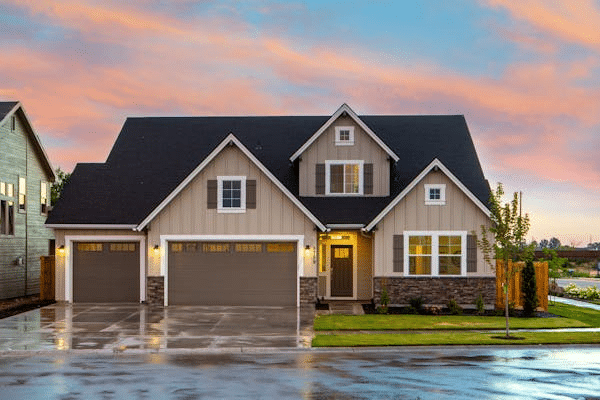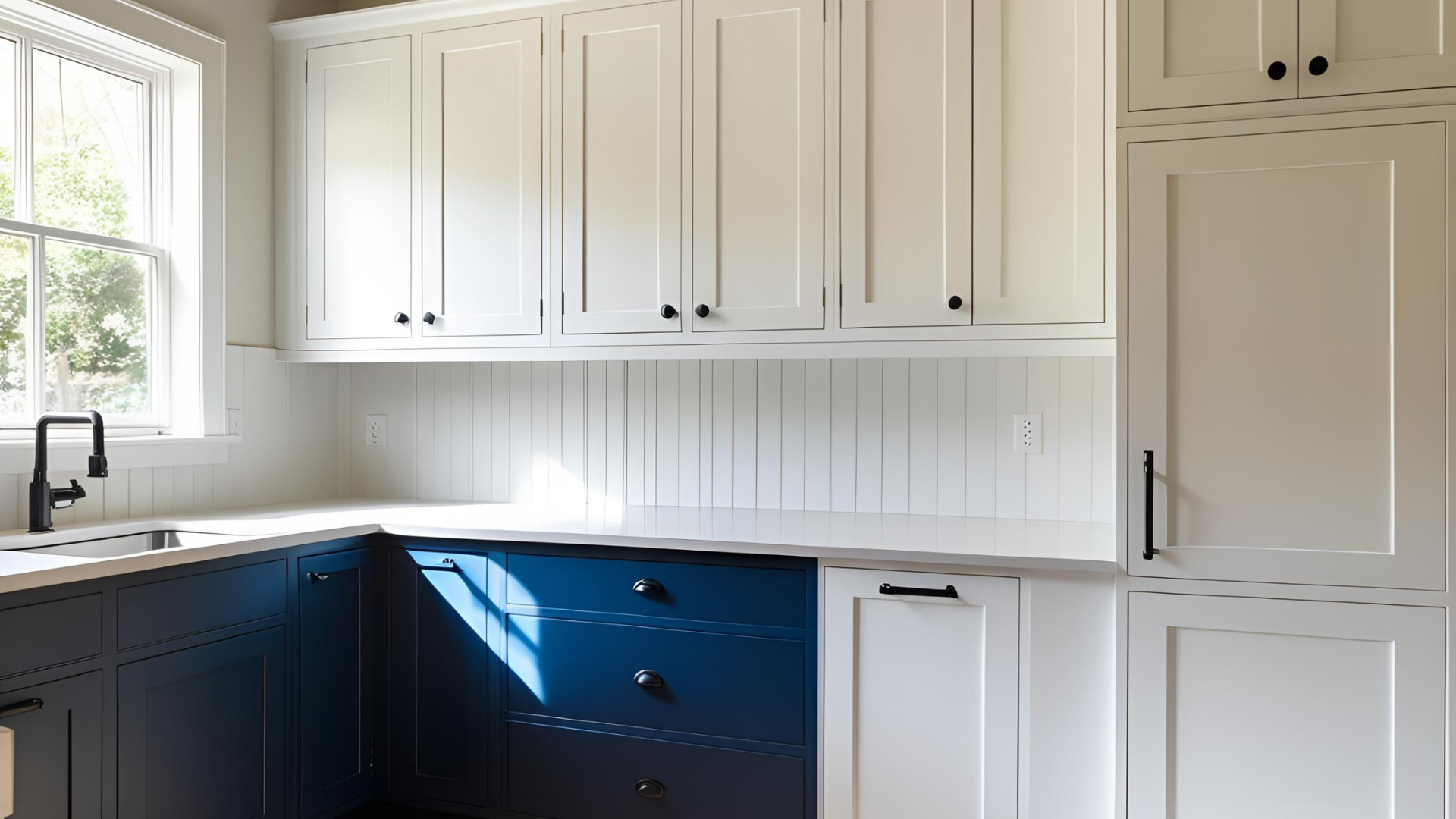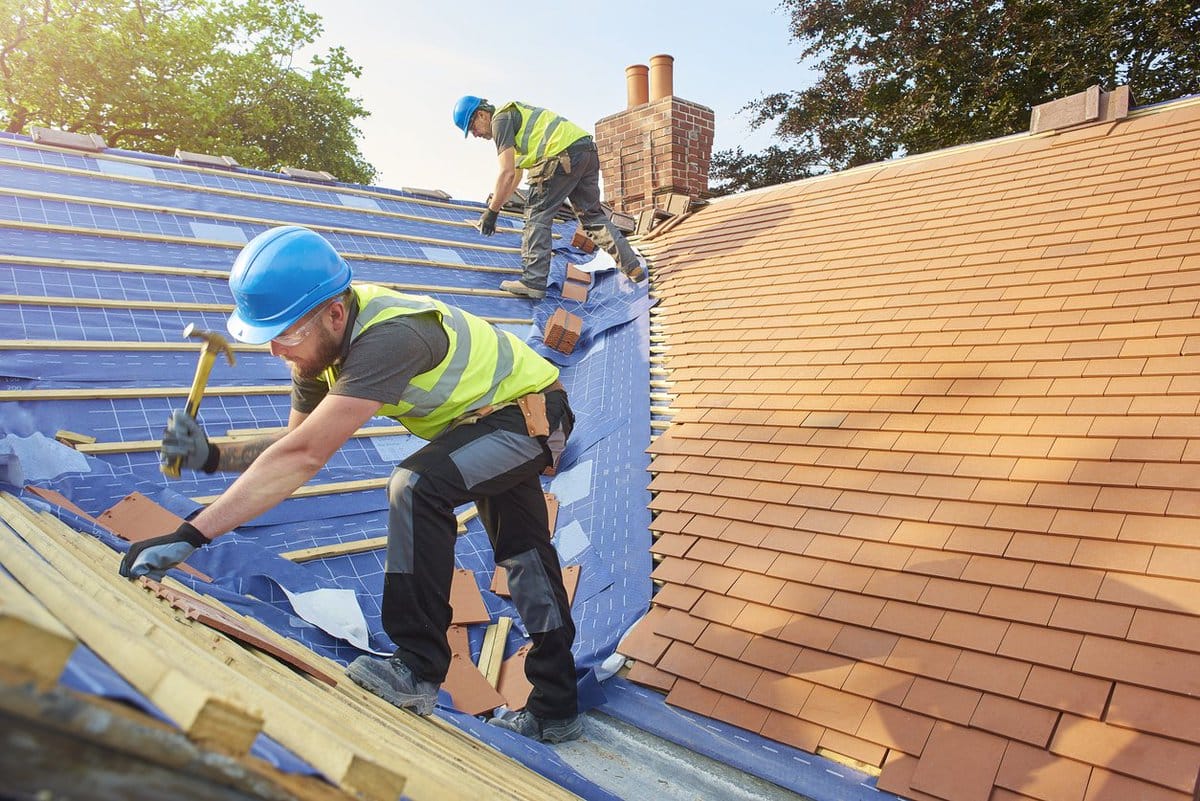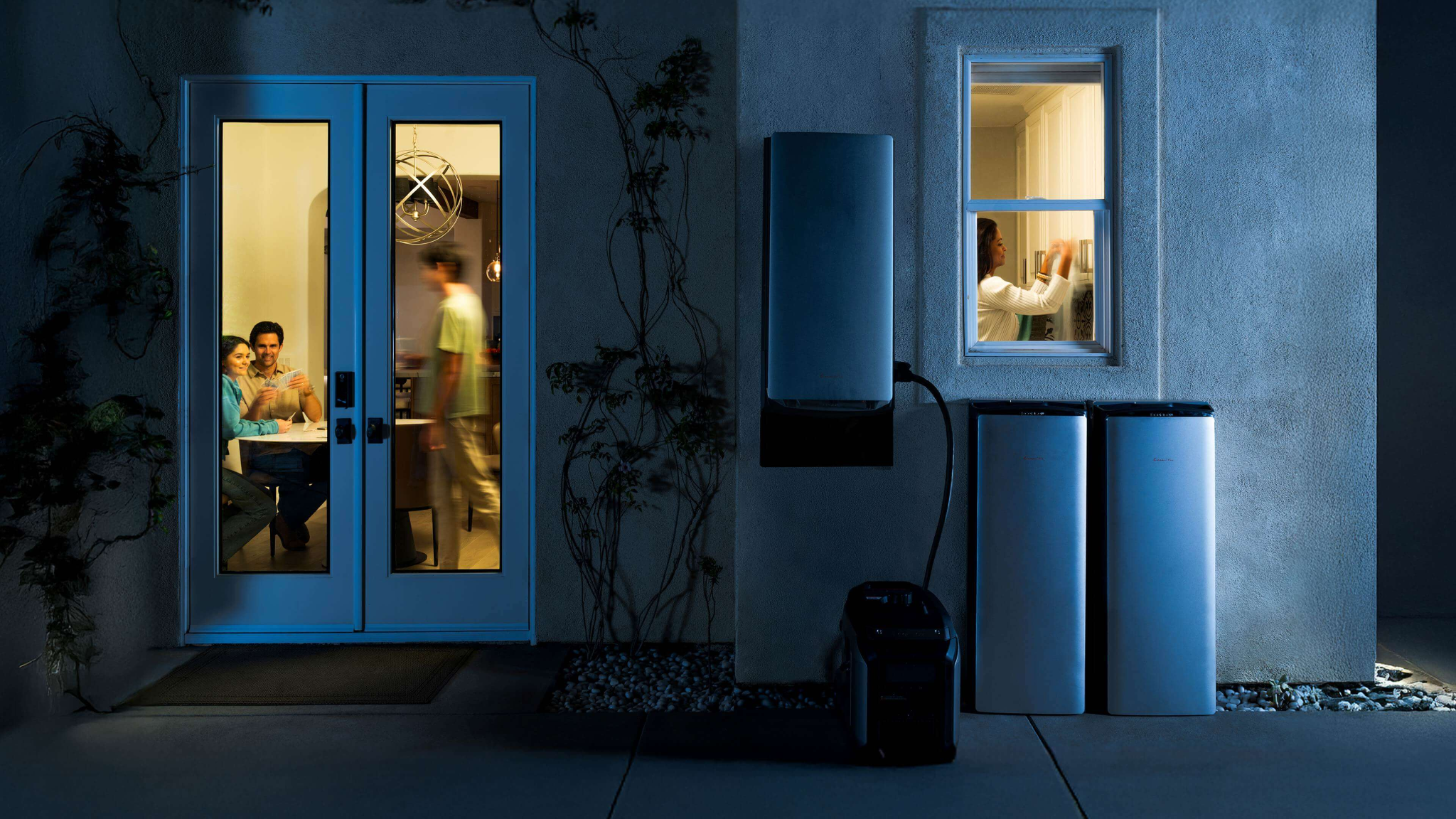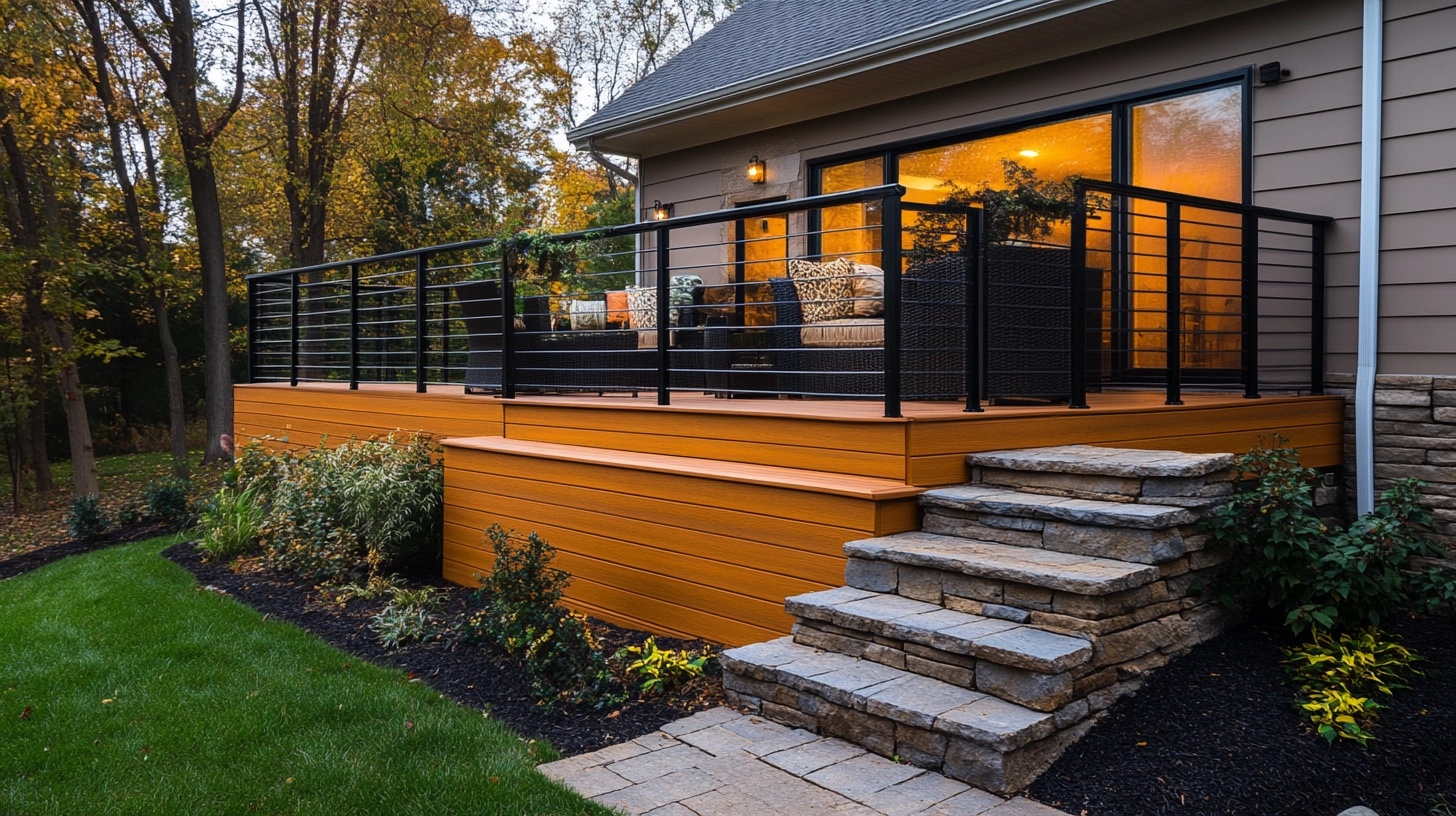5 Ways to Weatherproof Your Home
As a homeowner, you have a great duty to maintain the comfort levels of your space. One effective method is to prepare buildings to withstand weather conditions that may impact energy efficiency and cause structural harm. To ensure a serene, conducive atmosphere throughout the year, consider how you can weatherproof your home. Here are five top ways to do that.
Install Storm Windows and Doors
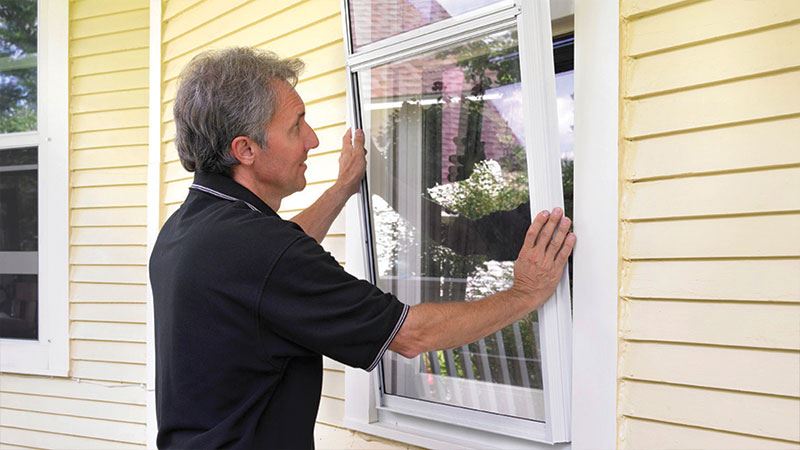
Storm doors and windows can provide your property an extra layer of protection. These additions will provide the proper shield against harsh weather conditions, including torrential downpours, snow, and strong winds. In addition to enduring rough weather, they’ll also help enhance energy efficiency.
They help reduce drafts, which are a massive source of heat loss while boosting your home’s security. As you choose these structures, finding models with more energy-efficient attributes, like low-emissivity (Low-E) coatings is paramount. For optimal performance, it’s essential to find top-quality hardware and have it installed professionally.
Maintain Your Roof
Your roofing structure has a significant role in shielding elements from causing harm to your structure. This makes it crucial to prioritize inspection and maintenance work on your roofing structure.
Quickly catch any signs, like loose or missing shingles, and act fast. Ensure there aren’t any infiltrations to prevent water damage to the ceiling, compromising the roofing’s structural strength.
It’s also essential to keep the roof’s flashing intact. This ensures there isn’t any seepage into the delicate sections like the vents, roof joints, chimneys, and vents. Engage a professional roofing contractor who will thoroughly inspect the roof and deal with issues promptly before they escalate.
Install Gutters
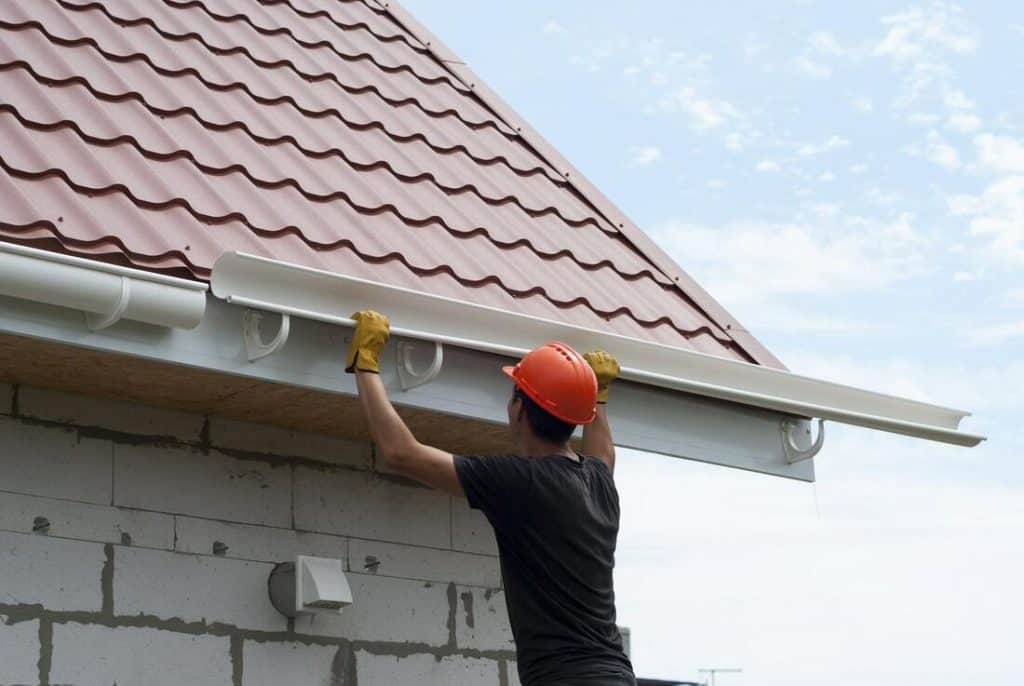
You can also protect your home’s exterior surfaces, such as sliding or skirting, by properly managing rainwater runoff. It is crucial to research the different gutter types to find out which ones perfectly suit your property. Work with the best gutter experts to assist you with selecting and installing. By making the right choice, you can be sure of a structure that will be functional and durable.
Insulate Your Home
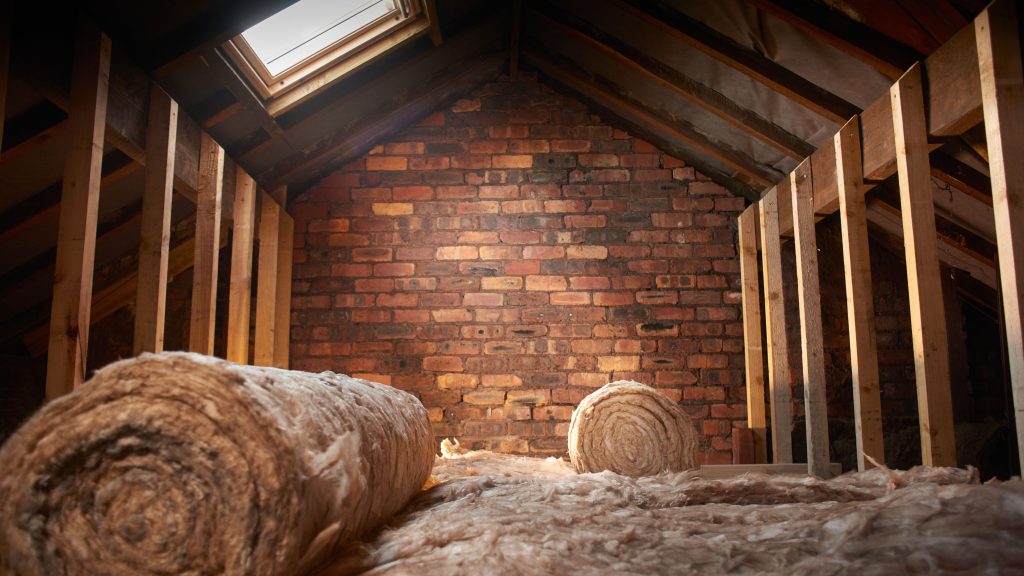 Investing in insulation ensures a sound barrier between the indoors and outdoors. This helps prevent heat transfer and keep indoor temperatures constant. It also reduces dependence on your AC, keeping your energy consumption rate low.
Investing in insulation ensures a sound barrier between the indoors and outdoors. This helps prevent heat transfer and keep indoor temperatures constant. It also reduces dependence on your AC, keeping your energy consumption rate low.
Begin by adequately assessing your walls, basements, and attics to gauge the insulation level. As you pick installation material, target those with higher R-values and excellent thermal resistance. Standard options include cellulose, foam board, and fiberglass.
Upgrade Your HVAC System
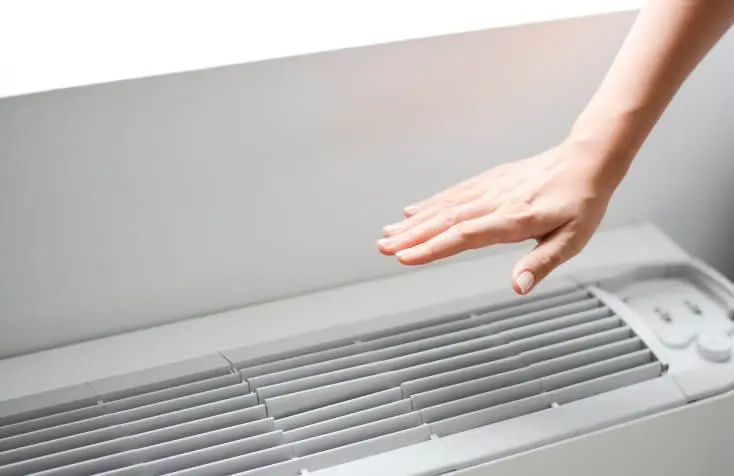 When you keep the air quality and temperatures optimal, your indoor comfort can be guaranteed. This is where HVAC comes in. These systems ensure your comfort throughout the year, regardless of the weather. Make sure they’re well maintained and up-to-date.
When you keep the air quality and temperatures optimal, your indoor comfort can be guaranteed. This is where HVAC comes in. These systems ensure your comfort throughout the year, regardless of the weather. Make sure they’re well maintained and up-to-date.
Identify the air filters, which you’ll replace with new ones to make them efficient in sieving out dust and other debris. The vents and ducts must also be cleaned to help extend the lifespan of the HVAC equipment. Hiring a professional technician is also crucial for the work to be efficient.
Endnote
Among the critical roles of a homeowner, weatherproofing tops the list. It’s what guarantees you proper comfort and sound utilization of energy. There are several steps you can take, starting with inspecting important structures like the roofing and gutters. With time, be active with maintenance work and upgrades to ascertain consistency in protection against the elements.

